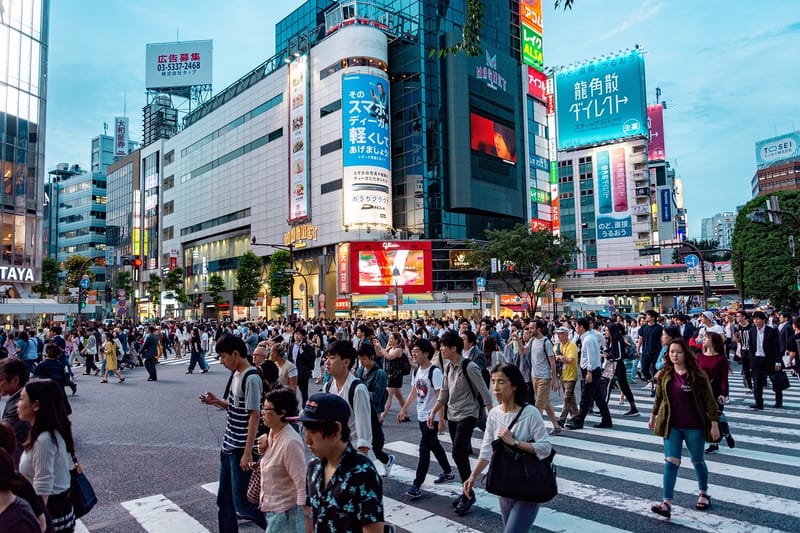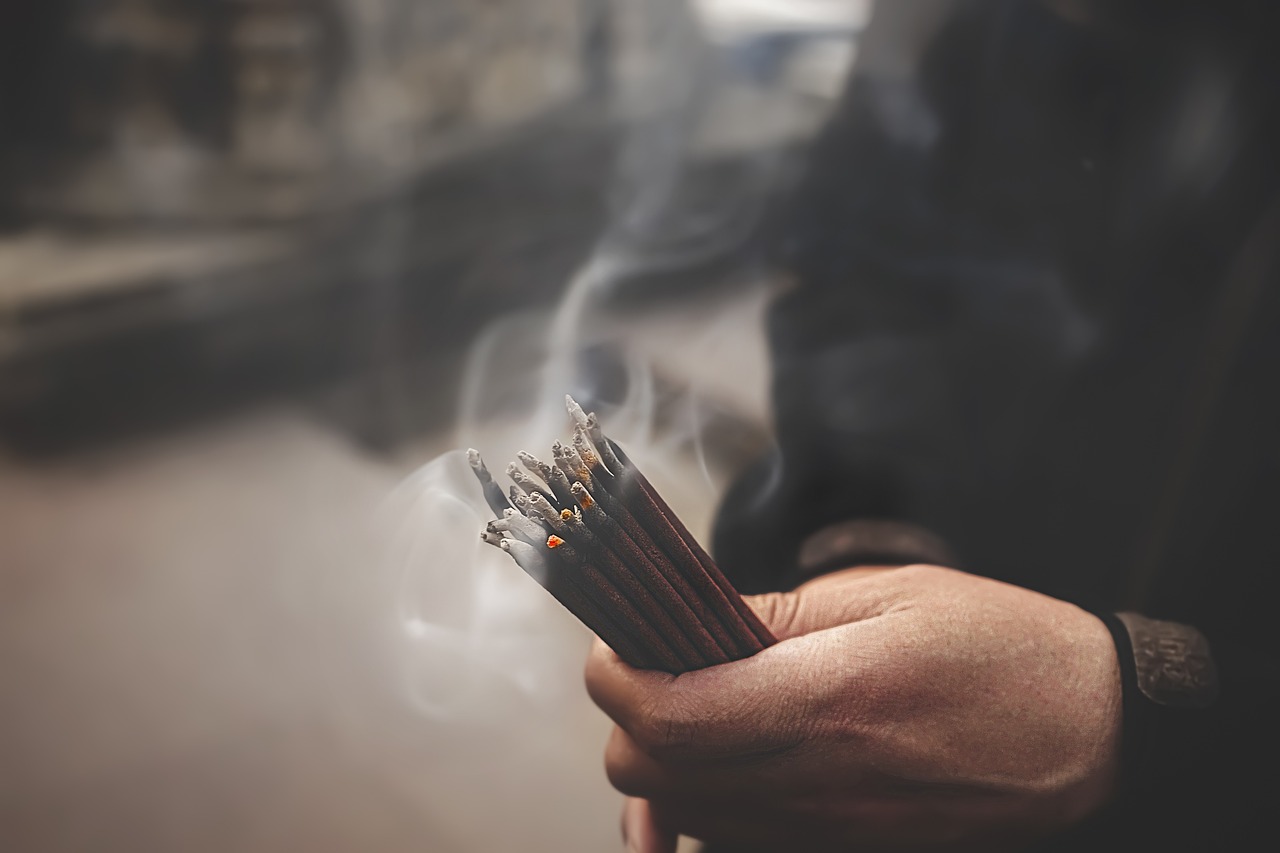Symbolic Rituals - Part 1
The Power of Meaningful Ceremonial Gestures
Whether it's a handshake, a bow, or a toast, ceremonial gestures have been a part of human culture for centuries. These rituals hold significant meaning and are often deeply ingrained in society. In this article, we will explore the importance and impact of meaningful ceremonial gestures in various cultures around the world.
The Handshake
One of the most common ceremonial gestures is the handshake. It is a universal sign of greeting and agreement in many cultures. A firm handshake can convey confidence and trust, while a weak handshake may indicate hesitancy or uncertainty. The act of shaking hands is not just a physical gesture but also a symbolic one, signifying mutual respect and goodwill.

The Bow
In Eastern cultures like Japan, bowing is a traditional form of greeting and showing respect. The depth of the bow can indicate the level of respect being shown, with a deeper bow reserved for higher-ranking individuals. Bowing is a gesture that emphasizes humility and acknowledges the other person's importance.

The Toast
Raising a glass and making a toast is a common ceremonial gesture in many Western cultures. It is a way to celebrate special occasions, show appreciation, and offer good wishes. The clinking of glasses is believed to create a bond between the individuals participating in the toast, symbolizing unity and camaraderie.

In Conclusion
Meaningful ceremonial gestures play a crucial role in human interaction, helping to establish connections, convey emotions, and show respect. Whether it's a handshake, a bow, or a toast, these rituals have the power to unite people across different cultures and backgrounds.
Stay tuned for Part 2 of our exploration into the world of ceremonial gestures!
